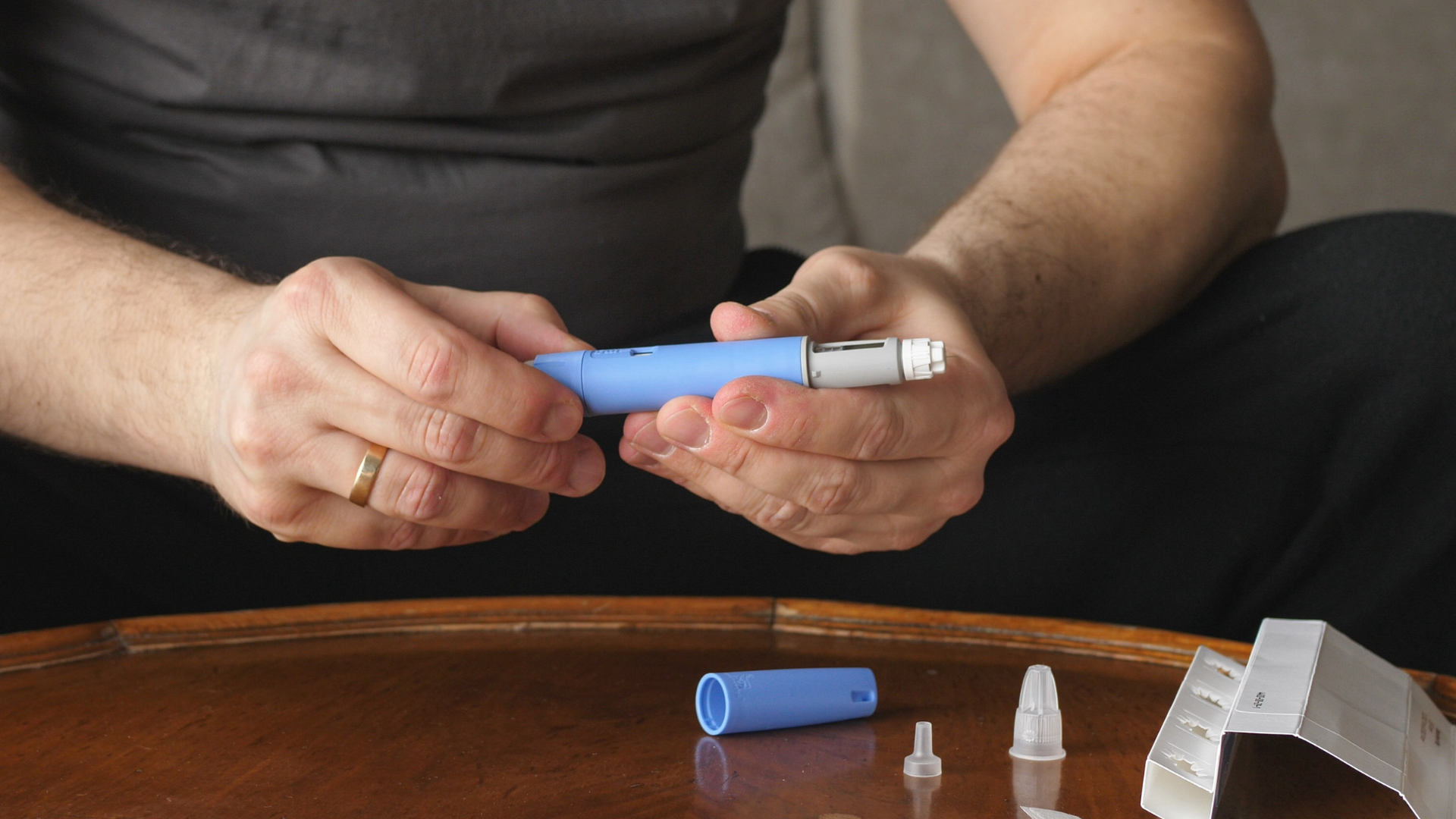In today’s go-go-go culture, sleep is often the first thing we sacrifice in the name of productivity. But what if the key to living longer, feeling younger, and thriving well into old age isn’t a fancy supplement or a high-tech gadget, it’s sleep?
Sleep is often referred to as the body’s silent superpower. It’s not flashy, it doesn’t get the same attention as exercise or diet, but it quietly plays a pivotal role in nearly every system in the body and its impact on longevity and aging is profound.
The Longevity Link
Studies have consistently shown that people who get consistent, high-quality sleep tend to live longer. One large-scale study found that people who regularly sleep between 7 and 9 hours per night have a significantly lower risk of mortality compared to those who sleep less than 6 or more than 9. Sleep deprivation has been linked to a host of chronic diseases, including heart disease, stroke, diabetes, and obesity, all of which can cut years off your life.
However it’s not just about quantity, quality matters! Deep, restorative sleep is where the real magic happens.
The Aging Accelerator
Chronic sleep deprivation accelerates the aging process on both a cellular and cosmetic level. When we don’t sleep enough, our bodies produce more cortisol (the stress hormone), which breaks down collagen, leading to fine lines, sagging skin, and inflammation. It also disrupts hormonal balance, including growth hormone, which is essential for tissue repair and cellular regeneration.
On a deeper level, lack of sleep affects the length of telomeres, the protective caps at the ends of our chromosomes. Shorter telomeres are a marker of accelerated aging and increased risk of disease. Research shows that poor sleepers often have significantly shorter telomeres than those who rest well.
The Brain’s Night Shift
During sleep, the brain clears out toxins, including beta-amyloid, a compound linked to Alzheimer’s disease. This cleansing happens through the glymphatic system, a kind of nighttime detox that only kicks in when you’re in deep sleep. Inadequate sleep can disrupt this process, increasing the risk of cognitive decline over time.
Sleep also plays a key role in memory consolidation, learning, and emotional regulation, all vital for healthy aging.
Optimizing Your Sleep for Longevity
The good news? It’s never too late to improve your sleep habits. Here are a few science-backed tips:
- Stick to a consistent sleep schedule, even on weekends.
- Avoid screens at least an hour before bed.
- Limit caffeine after 2 p.m. and alcohol close to bedtime.
- Create a dark, cool, quiet sleep environment.
- Explore sleep-supportive treatments like L-trytophan, magnesium, or peptides like sermorelin or PE-22-28, which may support brain detox and circadian balance.
Final Thoughts
Sleep isn’t a luxury, it’s a biological necessity. If you’re investing in your health, don’t overlook the simple, powerful impact of a good night’s rest. It could be the most natural anti-aging remedy at your disposal.







